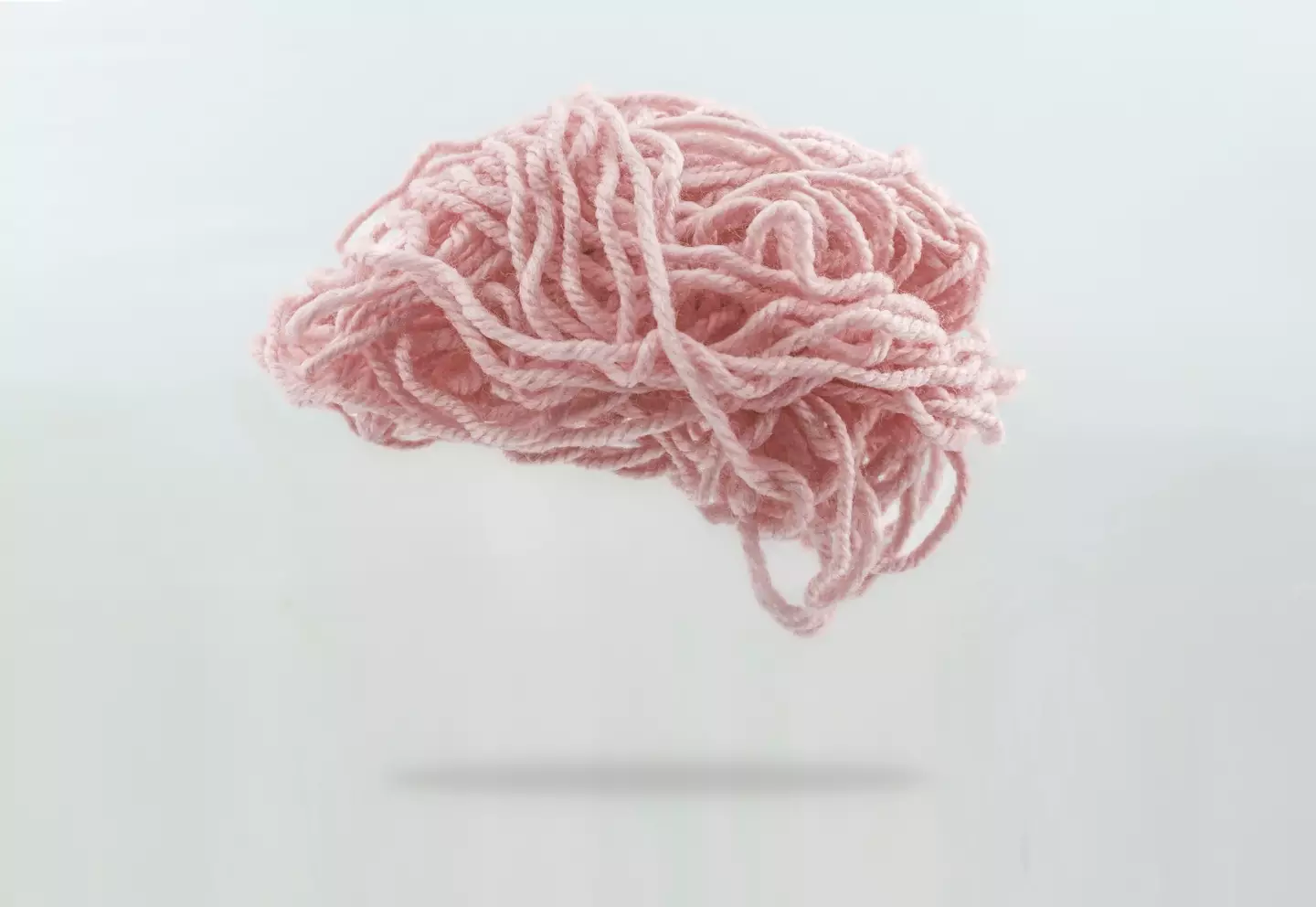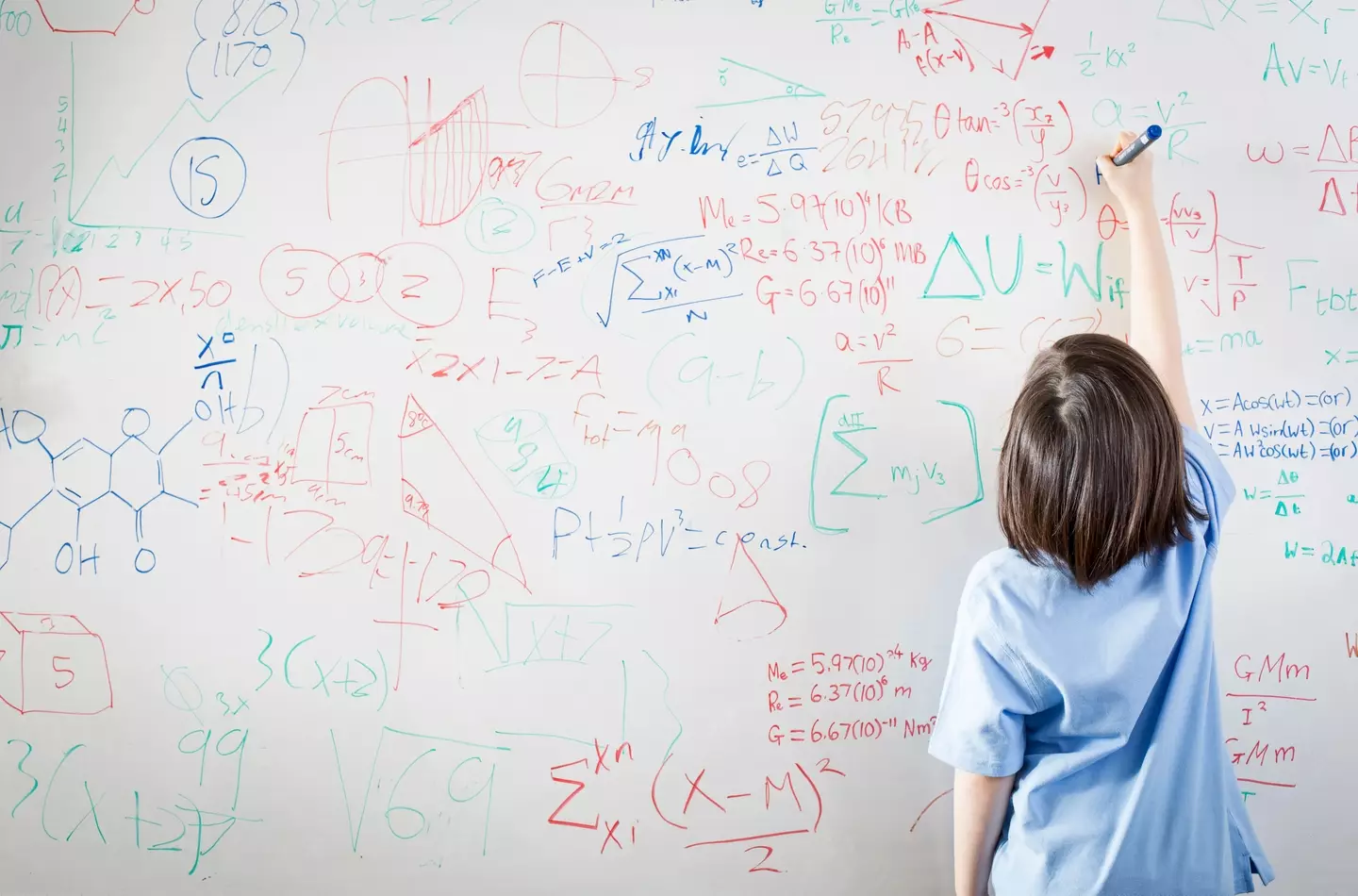
A three-question IQ test can only be figured out by 20 percent of the world's population.
Prepare to feel like you've been flung back into high school maths exams.
The study
The Cognitive Reflection Test (CRT) was created in 2005 by Yale University Professor Shane Frederick to look at how people with higher cognitive ability differ from those with lower.
When he first created the test he put 3,428 people through it and only 17 percent were able to get all of the questions right.
Advert
So whether you're a proper smarty pants and in the same realm as those who're at the top of some of the world's best universities all comes down to three 'simple' questions.
A word of warning - they're definitely not as simple as they first seem.

The questions
The first question reads: "A bat and a ball cost $1.10 in total. The bat costs $1.00 more than the ball. How much does the ball cost? ____ cents."
Advert
The second question states: "If it takes five machines five minutes to make five widgets, how long would it take 100 machines to make 100 widgets? _____ minutes."
And the third and final: "In a lake, there is a patch of lily pads. Every day, the patch doubles in size. If it takes 48 days for the patch to cover the entire lake, how long would it take for the patch to cover half of the lake? ___ days."
They may all look easy at first and what you think must *obviously* be the answer may've sprung to your mind, but take a beat.
The study notes you need to try and battle against your 'intuitive answer'.
Advert

The answers
For the first question for example, you probably immediately thought '10 cents'.
However, the study reveals 'this 'impulsive' answer is wrong'.
Advert
Why? Well, it continues: "Anyone who reflects upon it for even a moment would recognize that the difference between $1.00 and 10 cents is only 90 cents, not $1.00 as the problem stipulates.
"In this case, catching that error is tantamount to solving the problem, since nearly everyone who does not respond '10 cents' does, in fact, give the correct response: '5 cents'."
For anyone still puzzled, the answer of five cents means the bat costs $1.05 and the ball five cents which equals $1.10.
For the second question, you may've guessed 100, but each individual machine still only takes five minutes, so whether 100 or five, each machine will always only take five minutes.
Advert
And if you guessed 24 days for the third question, unfortunately you're wrong again, because if the lily patches double in size each day, that means it was half the size one day before day 48, meaning the answer is 47 days.

What it reveals
Basically, the study looked to interrogate whether 'more intelligent people' across the globe are 'more patient'.
Advert
It resolved: "Whatever stance one adopts on the contentious normative issues of whether a preference can be 'wrong' and whether more reflective people make 'better' choices, respondents who score differently on the CRT make different choices, and this demands some explanation."
Don't fret if you didn't quite get them right either, as FL Science reports only 20 percent of people tested at Harvard University, 26 percent at Princeton University and 48 percent at MIT managed to get all three questions correct.
Topics: World News, Science